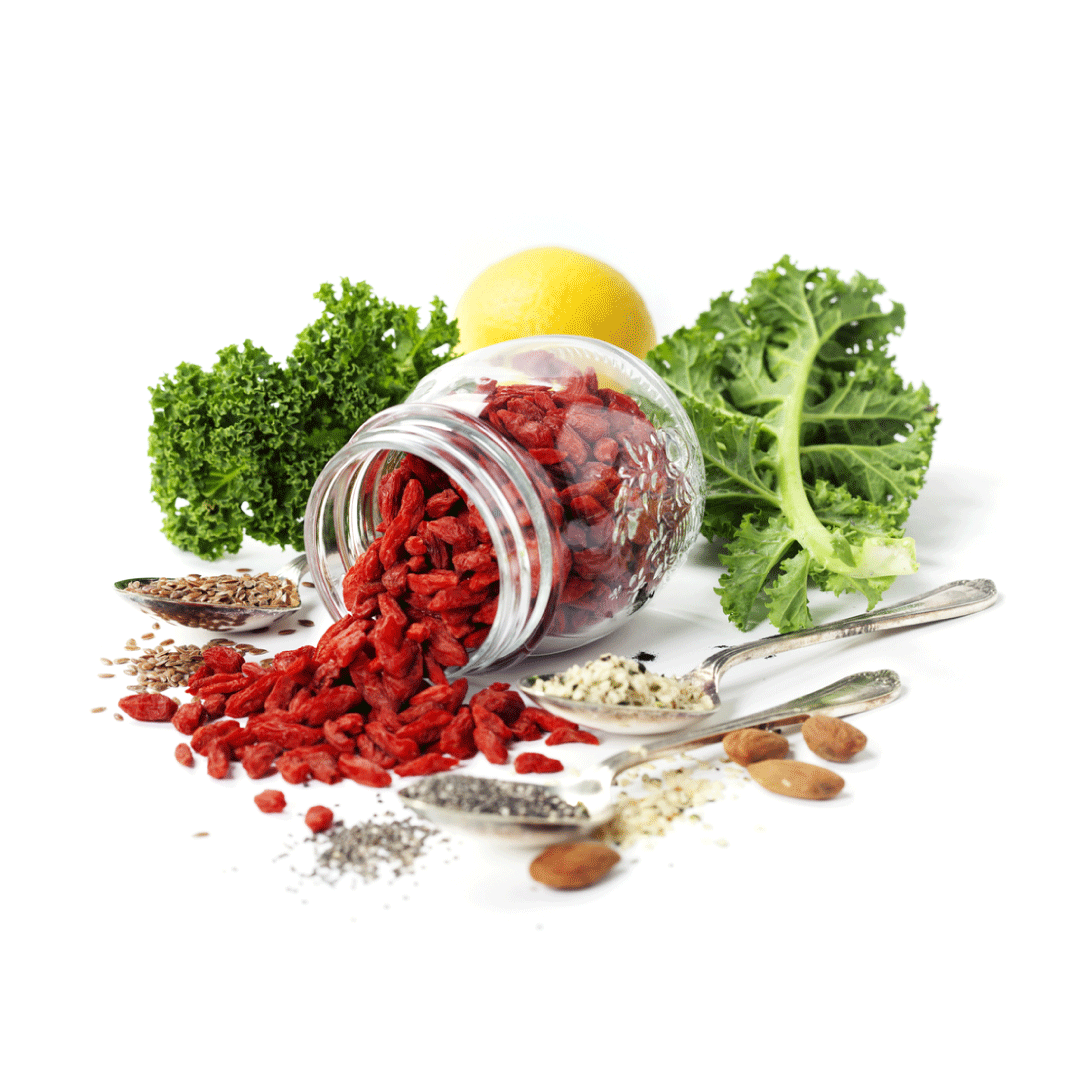
VitaGuard Science

The Importance of Antioxidants
Over the years, “antioxidants” have become a popular buzzword within the health and wellness community. It seems as if antioxidants can be found everywhere: among skincare, chocolates, tea, and even wine, the inclusion of antioxidants is often highlighted as a must have for good health.
But antioxidants aren’t just a mere buzzword: antioxidants are real, and there is plenty of scientific basis behind many of its popular health claims. However, the true function of antioxidants and the negative effects of free radicals are rarely explained in depth.
So how exactly can antioxidants benefit our health, and why should we care about free radicals?
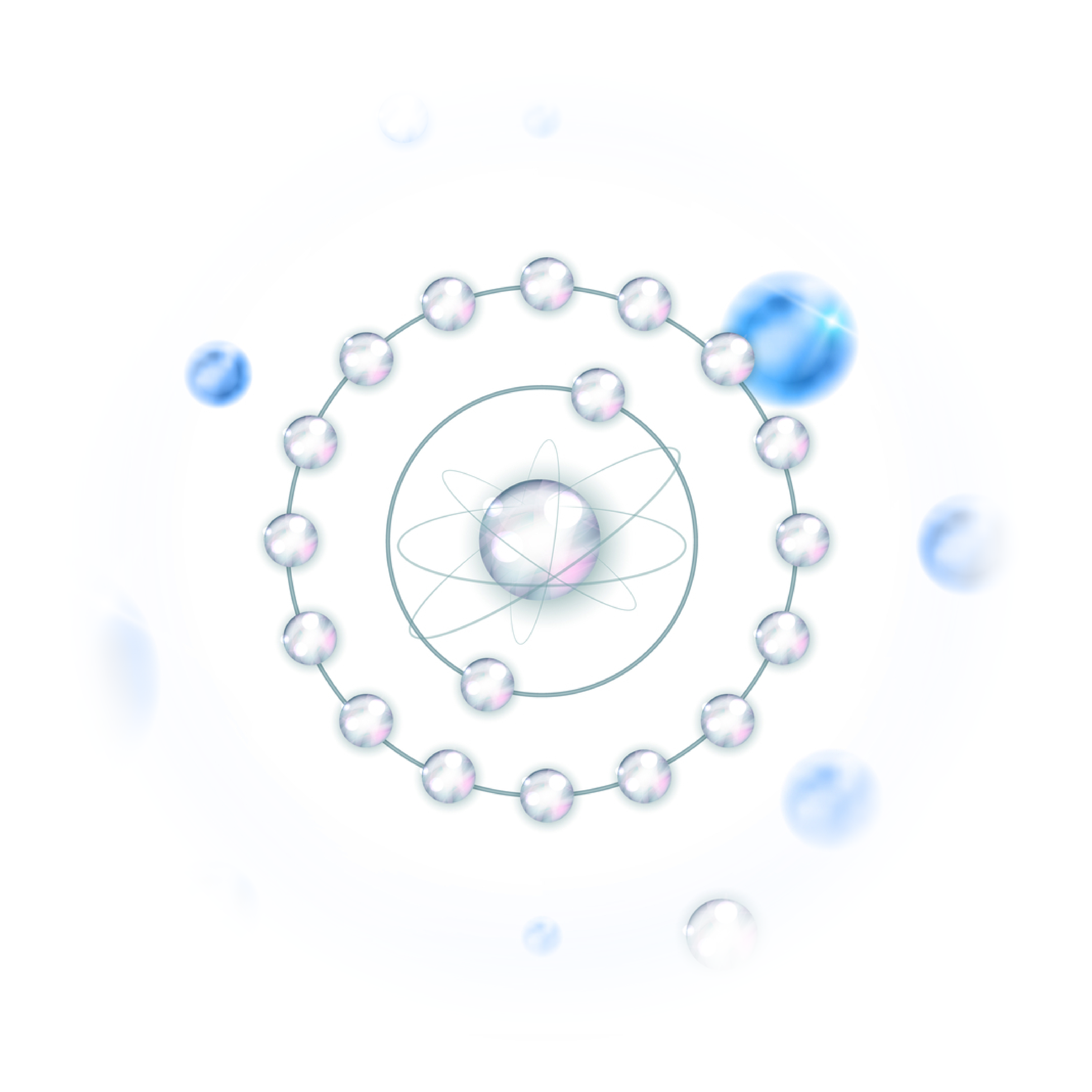

How Free Radicals Affect The Body
Free radicals are molecules that lack a few electrons, which causes them to behave erratically. To make up for the lost electrons, free radicals react quickly with other substances to “steal” electrons from them. This process of transferring an electron from one atom to another is called oxidation.1
Consequently, the molecule whose electrons have been stolen now becomes the free radical, who now must scavenge for electrons. This chain reaction goes on and on, damaging the cells that have fallen victim to these unstable electrons — a phenomenon is called oxidative stress.
The oxidation process leaves these molecules damaged and may even completely change their structures. On the cellular level, this can lead to the premature death of cells, alter the structure of lipids and proteins, and can even damage a cell’s DNA.2
Cardiovascular Diseases
When fats undergo oxidation, it can lead to the formation of plaque which makes your arteries and veins prone to blockage.
Rheumatoid Arthritis
Oxidative stress in the joints can lead to the degradation of cartilage, which leads to arthritis.3
Neurological Diseases
Diseases such as Alzheimer’s and Parkinson’s, as well as age-related cognitive decline, can result from excessive oxidative stress in the brain.4
Ocular Diseases
Oxidative stress is known as a major contributor to the age-related decline of our eyesight, as well as the development of cataracts. Oxidative stress to the eyes mostly comes from photochemical exposure, such as from UV rays or blue light.5, 6
Oxidative stress also contributes to the progression of aging. It is believed that the accumulated damage from oxidative stress is behind many age-related conditions, such as the ones mentioned above.
Where Do Free Radicals Come From?

Despite how damaging it can be, free radicals are completely normal products of cellular metabolism that all living things must deal with. In fact, our very own bodies use free radicals to convert food into energy and our own immune system uses them to attack harmful microbes.7
Our bodies already produces its own supply of antioxidants to deal with the naturally occurring free radicals that are generated by our own cells (as a byproduct of the energy produced in the mitochondria) and by environmental factors.
However, there are times when people are exposed to more free radicals than what the body can naturally handle. These can come from both lifestyle and environmental factors that expose our body to free radical generating substances.
Oxidative Stress
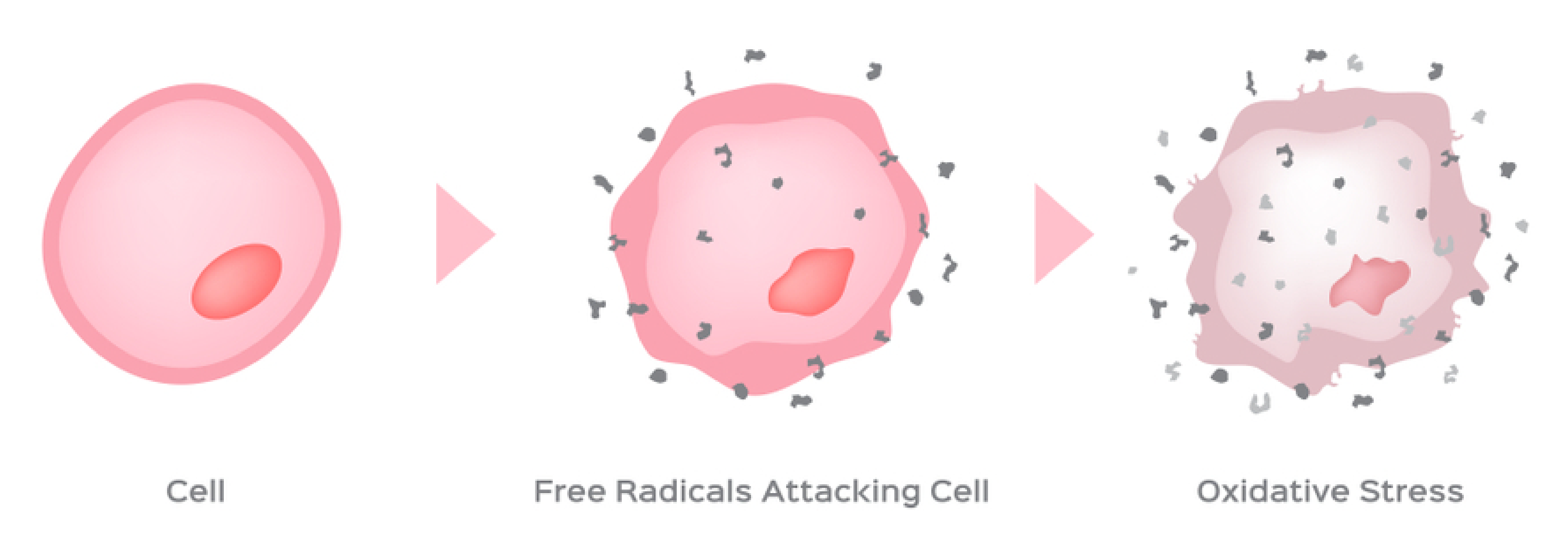
Here are some of the known risk factors of oxidative stress: 8
Exposure to toxic chemicals (pesticides, heavy metals, and air particulate pollution)
Cigarette smoking
A poor diet that is high in fats, sugars, and processed meats
Excessive alcohol consumption
Certain medications
Mental stress
Radiation
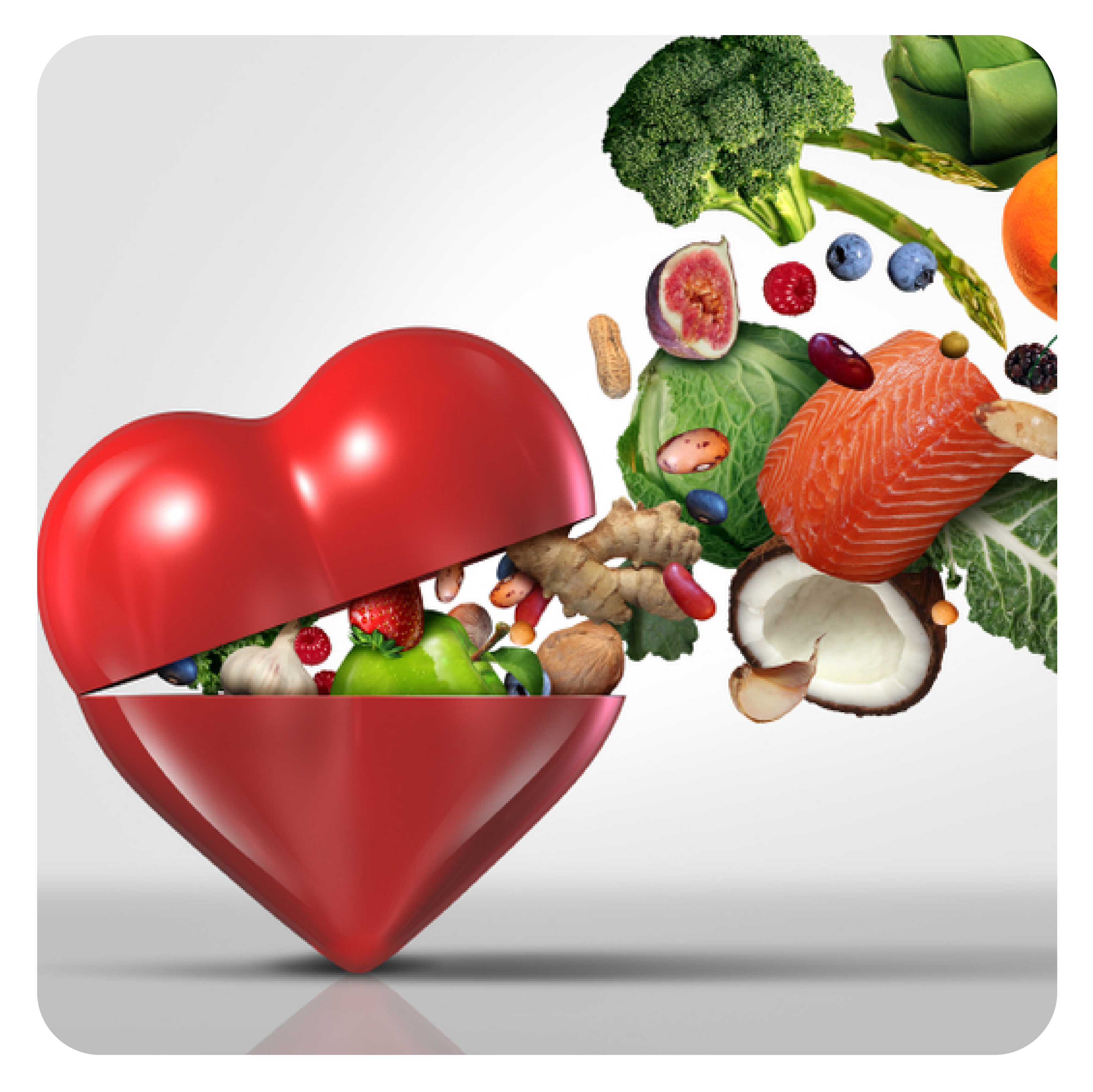
Antioxidants: Nature’s Free Radical Fighters
As mentioned earlier, our bodies naturally produce its own supply of antioxidants, such as alpha lipoic acid (ALA) and glutathione.
Antioxidants can neutralize these free radicals by donating extra electrons to free radicals, basically acting as an “off” switch for the unstable molecules.
This stops any chain reaction from happening, preventing further damage to other cells in the body. But due to the ever-present free-radical generators that surround us, the antioxidants produced in our bodies may not be enough to neutralize them all. To help your body fight off these free radicals, you should increase your antioxidant supply which is best done by eating the right food.
You don’t have to look far and wide for the best sources of antioxidants, nor do you have to spend thousands on hard-to-find ingredients to follow a specific pro-antioxidant diet.
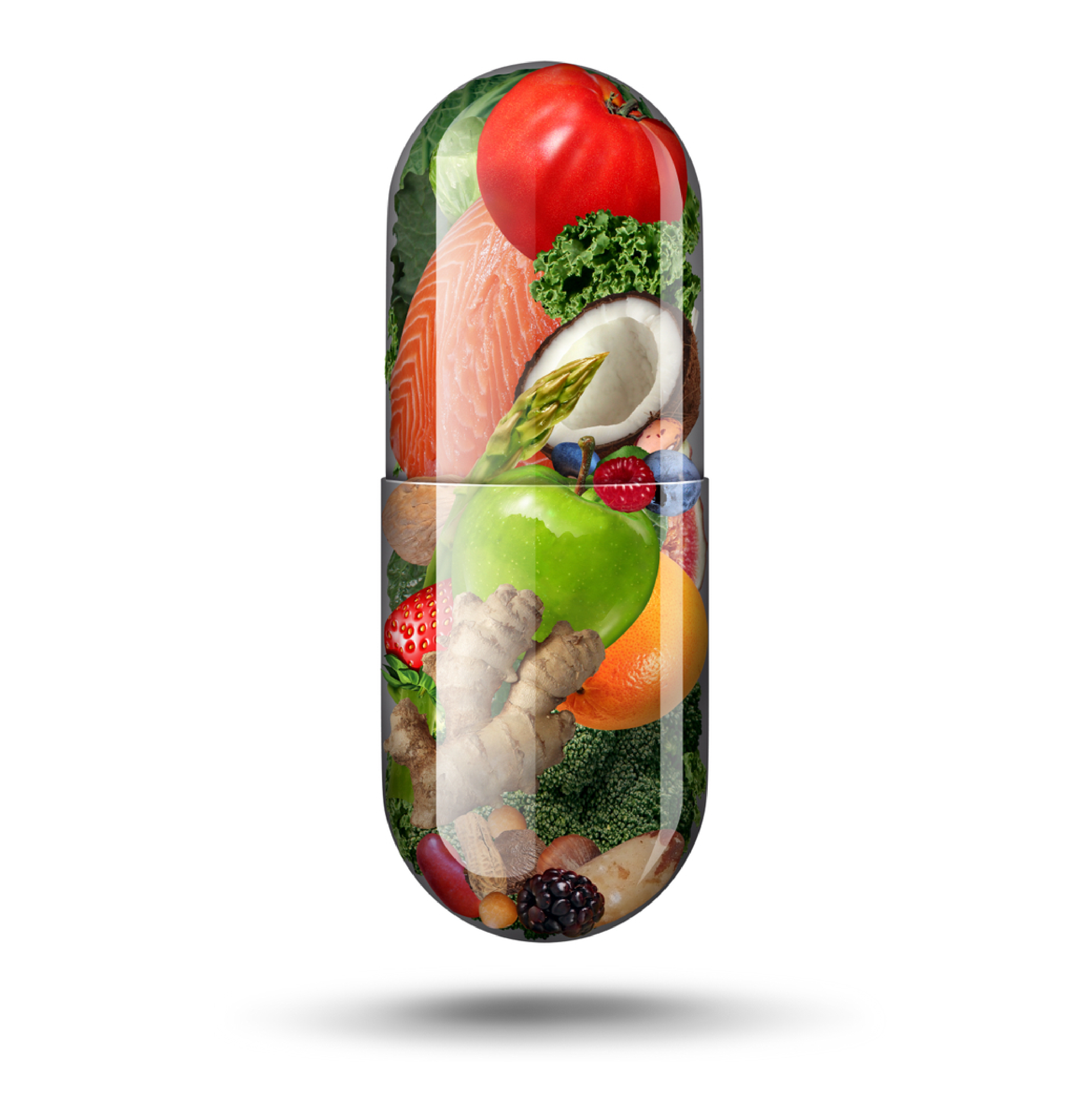
Plant-based Foods
The best antioxidants can be mostly found in plant-based food. Fruits, vegetables, legumes, whole grains, herbs, nuts, and seeds are all rich in compounds that have potent antioxidant activities, such as vitamin A, vitamin C, vitamin E, selenium, lutein, and lycopene.9
Once you consume these antioxidant-rich foods, the antioxidants will be absorbed into the bloodstream, where it travels to act on the free radicals scattered throughout the body.
A higher consumption of these fresh antioxidant-rich foods are known to lead to better overall health, longer lifespans, and a lower risk of developing chronic diseases.
Here are some of the scientifically proven benefits of a diet high in antioxidants.

Antioxidants Can Help Strengthen Immunity.
Many antioxidants, especially vitamin C, vitamin E, and beta carotene are all popular immunity boosters. These antioxidants are crucial in the production and maintenance of white blood cells, which are the main drivers of the immune system that detects and kills harmful bacteria, viruses, and other toxins.10

Antioxidants Can Help Maintain Healthy Skin
Compared to your internal organs, your skin is directly exposed to the pollutants around us: UV rays, toxic fumes, particles, and toxic liquids can easily get in touch with our skin.
Thus, our skin cells need to work extra hard to keep these harmful substances from penetrating into our bodies and to maintain their integrity. This also means that our skin cells need an extra boost of antioxidants to protect them from the free radicals that they’re directly exposed to.
But as we age, the skin produces less of the antioxidants that protects skin cells from damage. This is the reason why our skin become dry, wrinkly, and less elastic as we approach old age: our skin structure simply deteriorates faster due to the oxidative damage it has accumulated over the years.
Multiple studies have shown that a higher consumption of these antioxidants can help preserve skin health even through old age. Antioxidants such as Vitamin C, carotenoids, vitamin A, vitamin E, and coenzyme Q10 are some of the best-known compounds that can aid and preserve skin integrity.11, 12

Antioxidants Can Help Slow Down Cognitive Decline
Every second, the brain processes and stores millions of pieces of information per second, such as movement, memory, thought, emotion, touch, hunger, vision, and hunger — that’s a lot for an organ that only takes up 2% of our body mass!
To support the heavy workload that our brain has to deal with, it also uses a lot of oxygen: 20% of the body’s supply, to be exact.
But as a consequence of the large amount of oxygen used to metabolize energy, our brains are highly susceptible to oxidative stress. This is because transition metals are highly concentrated in the brain region, which also happens to be highly reactive.
The high levels of oxidative stress in the brain are also believed to accelerate the development of diseases such as Alzheimer’s and Parkinson’s, as well as age-related cognitive decline.13
Thus, it is crucial that we supplement our brain cells to help them keep up with the high concentration of oxidative stress in the brain region. In fact, several studies have found that diets that have a high consumption of antioxidant-rich plant-based food, such as the Mediterranean diet, have a lower incidence of neurodegenerative diseases among their elderly.14
consumption of these antioxidants can help preserve skin health even through old age. Antioxidants such as Vitamin C, carotenoids, vitamin A, vitamin E, and coenzyme Q10 are some of the best-known compounds that can aid and preserve skin integrity.11, 12

Antioxidants Can Help Protect Joint Health
Rheumatoid arthritis is one of the most common and painful conditions that older adults can experience in their lifetime. It is an autoimmune disorder wherein the immune system, for some unknown reason, attacks the tissues in your joints which produces a fluid that lubricates the joints.
Several studies have found that people who suffer from rheumatoid arthritis have increased free radical activity and lower levels of antioxidants within their blood and joint fluid samples.15
Thus, increasing your intake of antioxidant-rich foods, especially fresh fruits and vegetables, is believed to prevent arthritis or at least improve its symptoms. Although further studies are needed, one small study found that the consumption of antioxidant-enriched food was able to improve the symptoms of rheumatoid arthritis.16

Antioxidants Can Help Increase Energy Levels
While antioxidants won’t be able to provide the same energy boost as a cup of coffee, it provides a healthy foundation for your cells to produce more energy.
Because your body will be well protected with the help of additional antioxidants, it doesn’t have to work twice as hard to fight off infections and diseases, which provides you with more energy that will help you achieve your daily goals.
Additionally, antioxidant-rich and nutrient-dense foods such as vegetables and fruits are known to provide more energy than less nutritious processed food.
Unlike caffeinated beverages, eating highly nutritious and antioxidant-rich foods will provide you with a steadier source of energy levels throughout the day. It is much healthier than relying on the burst of energy that caffeine provides (which can also cause an energy crash afterwards!).17
The Power of Organic Ingredients
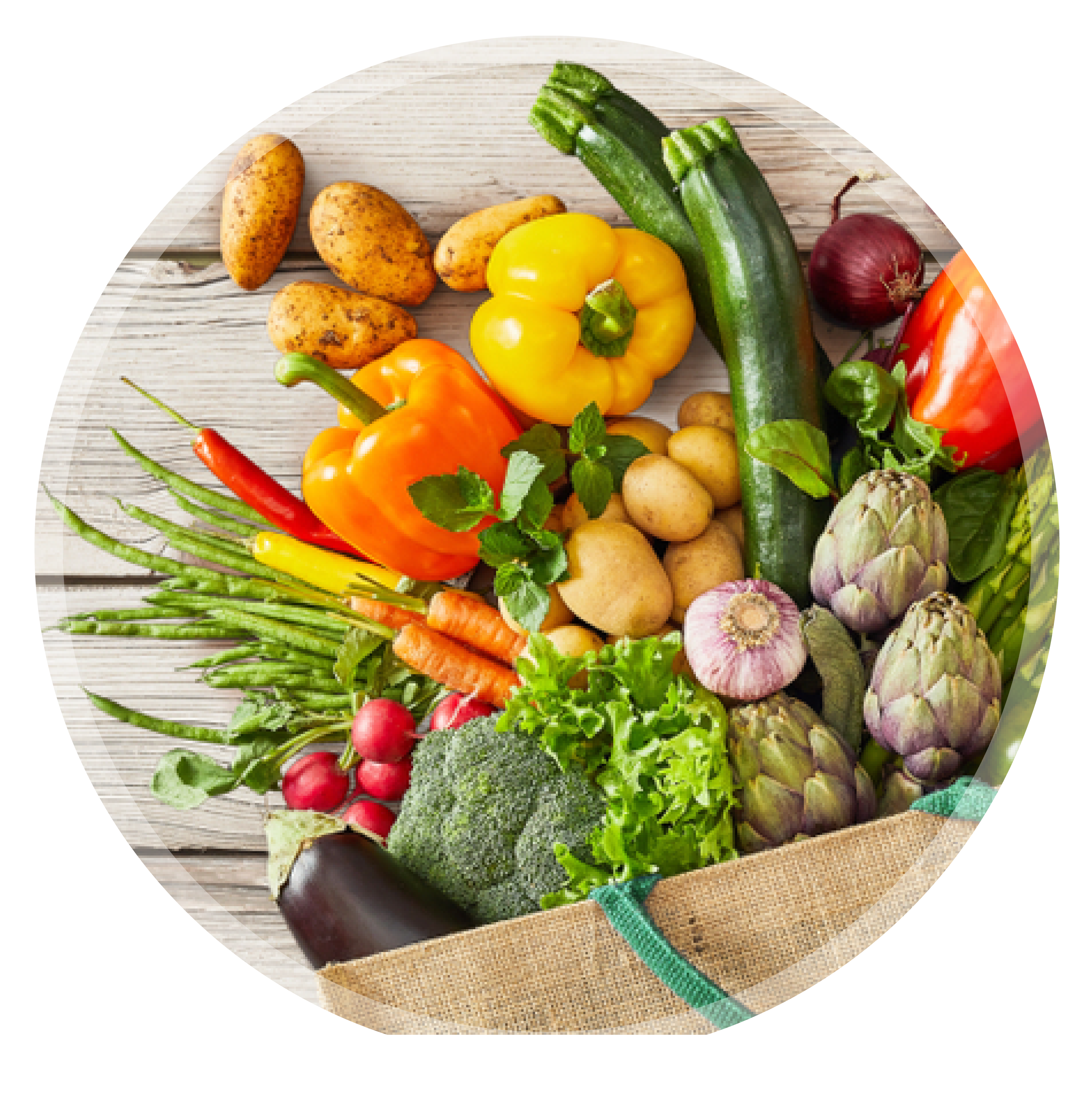
It isn’t enough that VitaGuard is made from nutrient-dense and antioxidant-rich ingredients. We also made sure that our capsules are made from 100% organic ingredients to help you get the most benefits out of every capsule.
VitaGuard is only made from ingredients that have not been exposed to synthetic substances, such as pesticides, herbicides, and fertilizers, which can be very harmful to your health.
These synthetic substances are also known to generate excessive free radicals within the body. For instance, one study found that farmers who worked pesticides had higher levels of oxidative stress and showed DNA damage after 5 years of exposure to pesticides.18
Thus, it is crucial that only organic ingredients are to be used in order to provide the purest kind of nutrition that you can get out of every tablet.
Additionally, organic foods are better for the environment, the farmers, and the animals around us, as it reduces the exposure to chemicals that can linger in the ecosystem for an awfully long time. A win-win situation for us and the entire planet!
Shop VitaGuardInside VitaGuard

VitaGuard is made from ingredients that are best known for their potent antioxidants, along with several other nutrients that support and boost your body’s defenses.
Our capsules were formulated with the goal of providing the best antioxidants that can protect your body from the toxins that linger in our environment. Here’s what you’re getting out of every capsule of VitaGuard:
Shop VitaGuard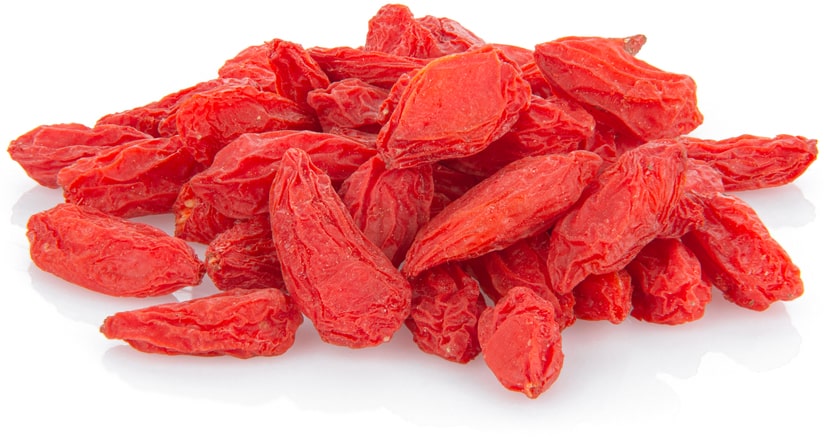
Goji Berry
Goji berries are bright little red berries that have been an important part of traditional Chinese medicine for thousands of years. Its prominent health benefits, such as protection from heart diseases and diabetes, can be attributed to its rich antioxidant content, especially zeaxanthin.19
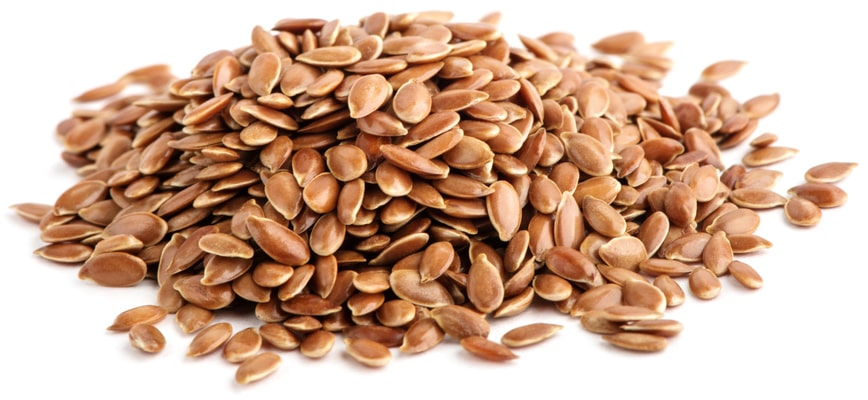
Flax Seed
Flaxseed is a type of edible seed harvested from flax plants. Once considered a valuable crop, flaxseeds have now become a popular health food due to their high fiber content and antioxidants. Flaxseeds are exceptionally high in lignans, which is a type of polyphenol antioxidant.20
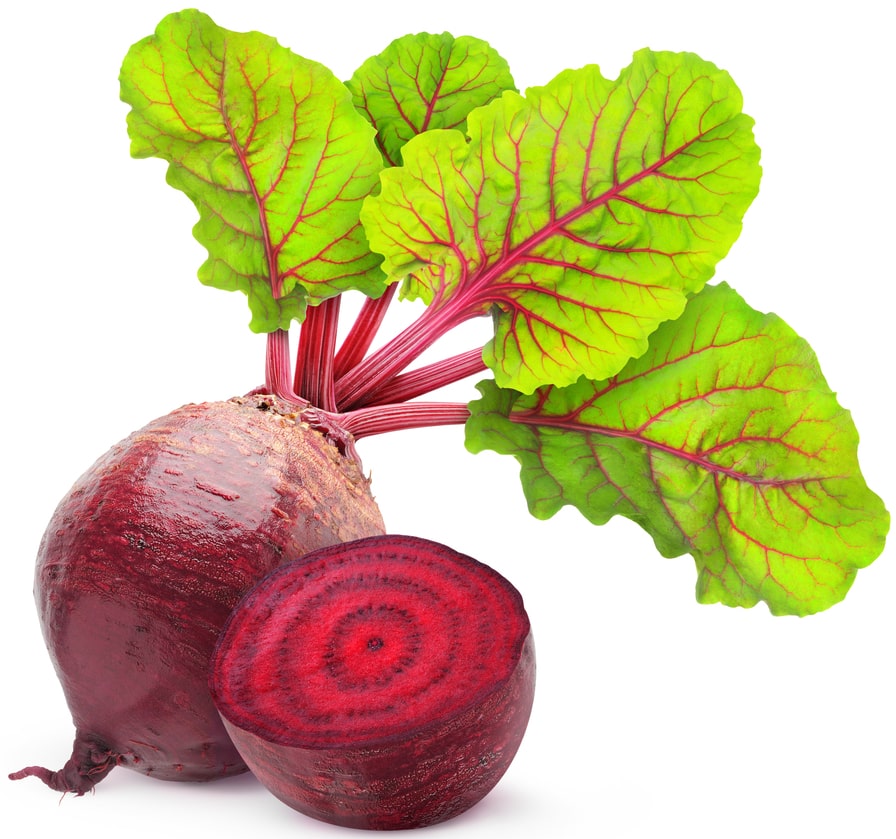
Beet Root
Beetroots are a type of brightly colored root vegetables that have become a renowned superfood thanks to its rich antioxidant content, specifically betalains. These betalains are also responsible for their signature pigments, which range from purple to yellow. Beetroots are also high in manganese and vitamin C, two essential nutrients that have antioxidant, anti-inflammatory, and immunity-boosting properties.21
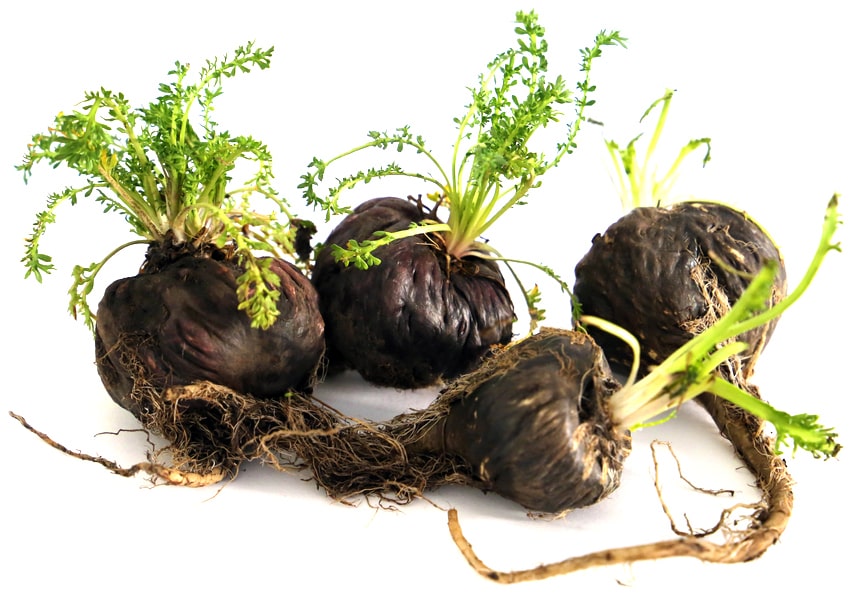
Maca Root
The maca plant is an herbaceous plant native to Peru which has been coined as the “Peruvian Ginseng” due to its similar medicinal properties. Its roots are especially rich in polyphenols and glucosinolates, which are compounds that act as potent antioxidants. Maca extract was also found to effectively protect the skin from UV-induced skin damage.22
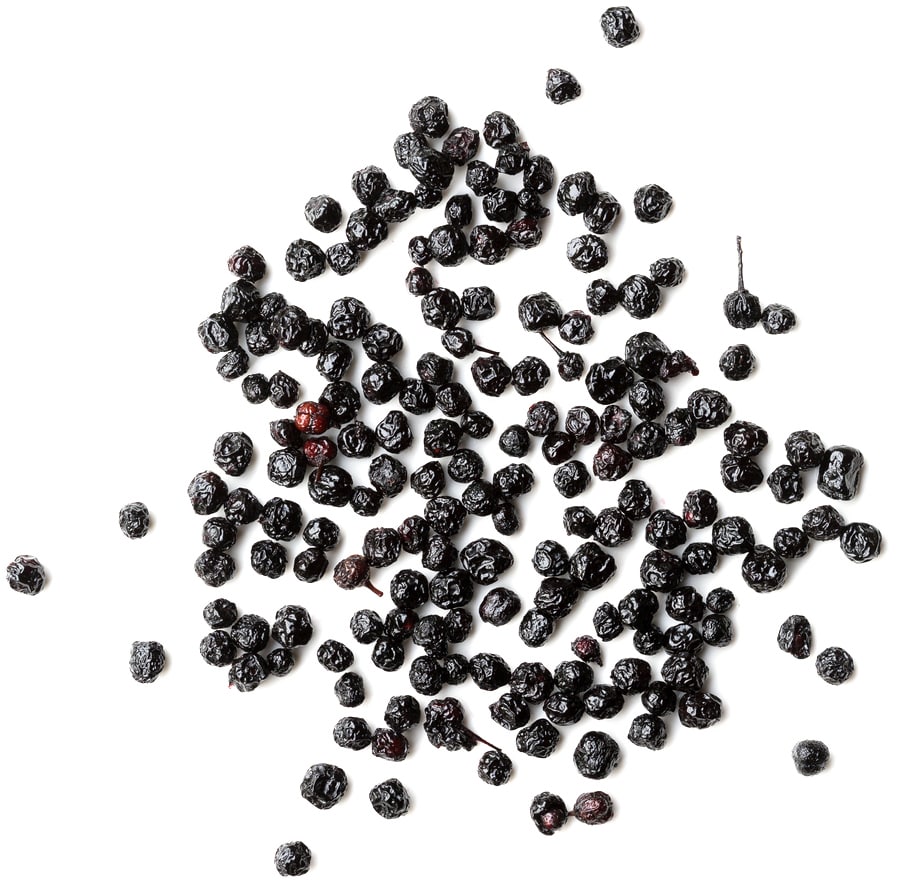
Maqui Berry
Maqui berries are exotic fruits native to South America with an antioxidant content that has a higher potency than what would be normally found in other berries. Maqui berries are especially high in anthocyanins, a group of antioxidants that are also known to have anti-inflammatory and anti-viral properties.23
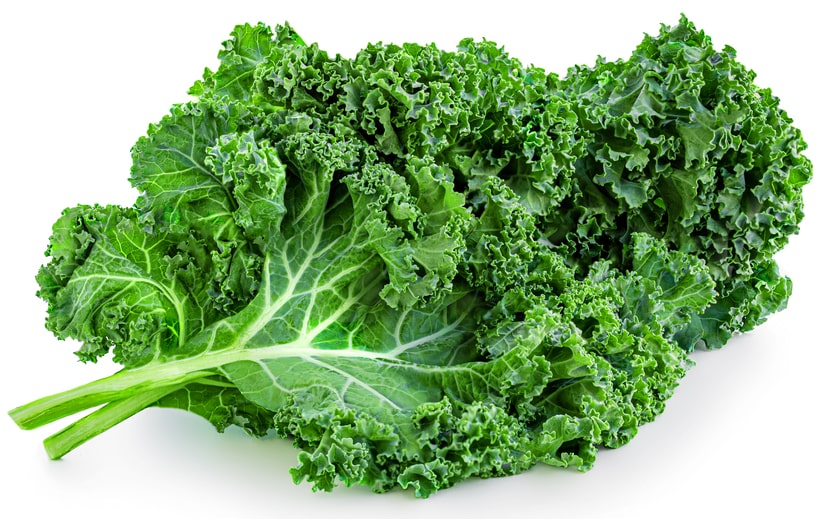
Kale
Kale is a trendy health food that definitely deserves it celebrity superfood status. It packs a ton of nutrients, especially antioxidants, such as vitamin C, beta carotene, antioxidants, and selenium. Thanks to its potent antioxidants, kale is known to be effective in protecting heart health, preserving skin health, and preventing a wide range of chronic diseases.24
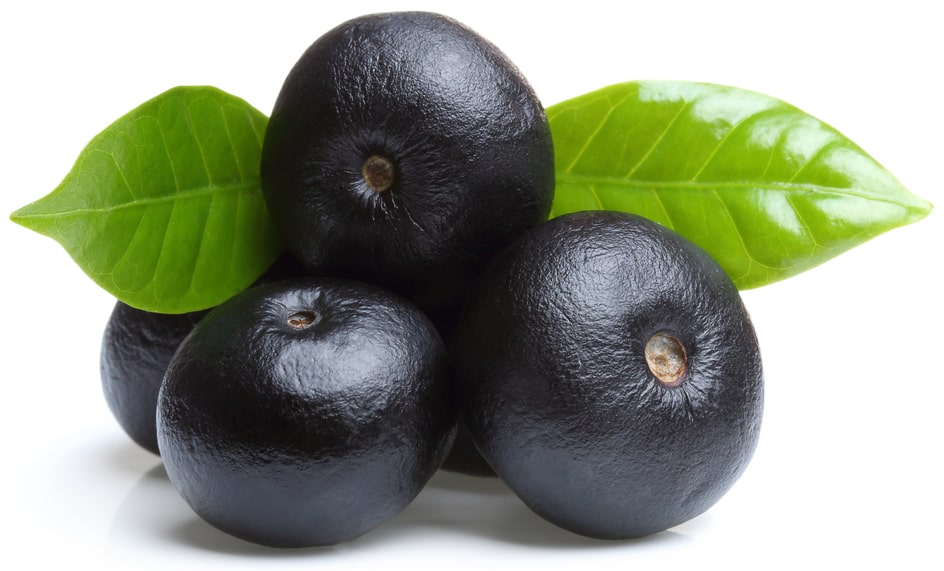
Acai Berry
The acai berry is another popular health food that makes great smoothies and yogurt bowls. They’re notable for their exceptional antioxidant content, especially anthocyanins.25
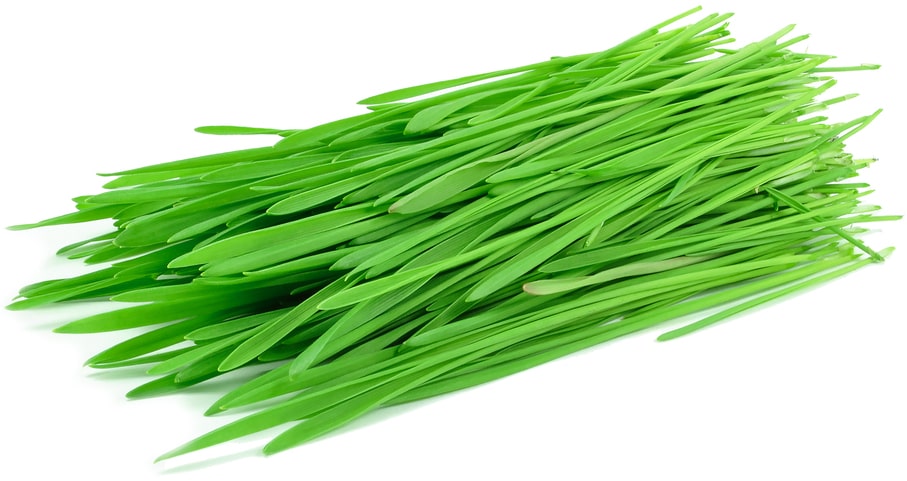
Wheatgrass
Wheatgrass pertains to the young wheat plant, which turns out to be highly nutritious and filled with antioxidants. Wheatgrass contains glutathione, vitamin C, and vitamin E, which are antioxidants that are known to support immunity and skin health.26
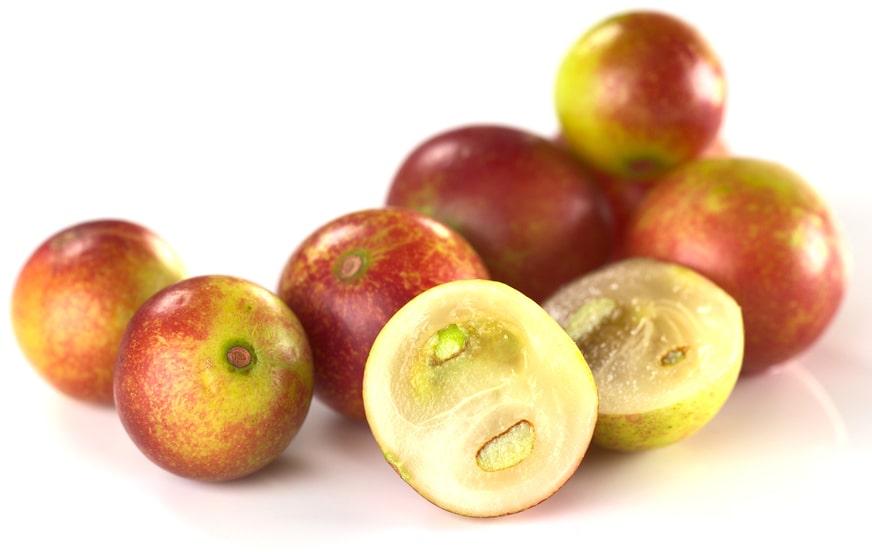
Camu Camu Berry
The camu camu berry is another exotic fruit native to South America. For thousands of years, indigenous South Americans have used camu camu berries as an herbal remedy, which is a testament of its powerful health benefits. Camu camu berries are high in the antioxidant compounds ellagic acid and antocyanins.27
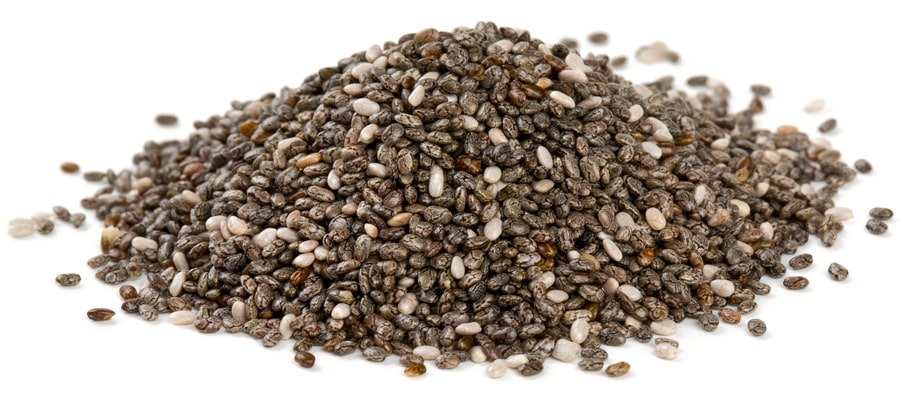
Chia Seed
Chia seeds are a popular health food that can be easily used as a topping for many food items, such as smoothies, juices, salads, or baked goods. Don’t let its small size fool you: chia seeds are packed with nutrients, including the antioxidants quercetin and kaempferol.28
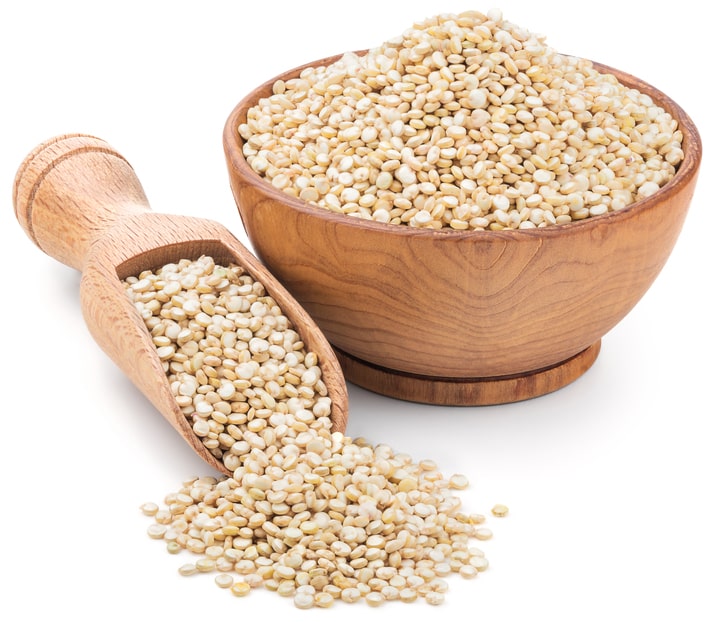
Quinoa
Quinoa is often called the “supergrain of the future”, as it has an exceptional nutrient profile that includes complete proteins, which a rare trait among plant-based food. Quinoa is also popular for its rich antioxidant content, which includes quercetin and kaempferol.29
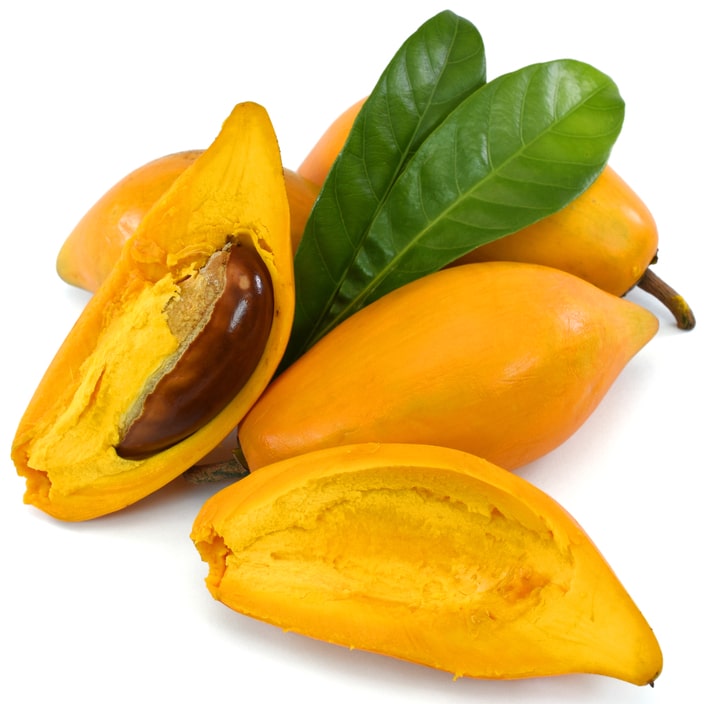
Lucuma Fruit
The lucuma fruit is another exotic fruit that originates from South America. For thousands of years, it had been used as a traditional herbal remedy, gaining the nickname “gold of the Incas”. Its health benefits can be mostly attributed to its antioxidant content, which includes polyphenols, carotenoids, and vitamin C. The antioxidant properties of the lucuma fruit was also found to be effective in protecting against diabetes and heart disease.30, 31

Try VitaGuard
VitaGuard is the first step to protecting your body from environmental toxins. With each tiny capsule, you're getting 12 organic, antioxidant-boosting, skin-rejuvenating, and joint-relieving superfoods.
Shop VitaGuard- Adcock, J. (2018, January 11) What are antioxidants? And are they truly good for us? The Conversation. Retrieved on February 21, 2021, from https://theconversation.com/what-are-antioxidants-and-are-they-truly-good-for-us-86062
- Lobo, V., Patil, A., Phatak, A., & Chandra, N. (2010). Free radicals, antioxidants and functional foods: Impact on human health. Pharmacognosy reviews, 4(8), 118–126. https://doi.org/10.4103/0973-7847.70902
- Hadjigogos K. (2003). The role of free radicals in the pathogenesis of rheumatoid arthritis. Panminerva medica, 45(1), 7–13.
- Butterfield D. A. (2002). Amyloid beta-peptide (1-42)-induced oxidative stress and neurotoxicity: implications for neurodegeneration in Alzheimer's disease brain. A review. Free radical research, 36(12), 1307–1313. https://doi.org/10.1080/1071576021000049890
- Beatty, S., Koh, H. H., Phil, M., Henson, D., & Boulton, M. (2000). The role of oxidative stress in the pathogenesis of age-related macular degeneration. Survey of ophthalmology, 45(2), 115-134. https://doi.org/10.1016/S0039-6257(00)00140-5
- Spector A. (1995). Oxidative stress-induced cataract: mechanism of action. FASEB journal : official publication of the Federation of American Societies for Experimental Biology, 9(12), 1173–1182.
- Pham-Huy, L. A., He, H., & Pham-Huy, C. (2008). Free radicals, antioxidants in disease and health. International journal of biomedical science : IJBS, 4(2), 89–96.
- Pizzino, G., Irrera, N., Cucinotta, M., Pallio, G., Mannino, F., Arcoraci, V., Squadrito, F., Altavilla, D., & Bitto, A. (2017). Oxidative Stress: Harms and Benefits for Human Health. Oxidative medicine and cellular longevity, 2017, 8416763. https://doi.org/10.1155/2017/8416763
- Winderi, A. & Todd, C. (2020, August 20) What Are Antioxidants and What Do They Actually Do for Your Body? Retrieved on February 22, 2021 from https://www.self.com/story/what-antioxidants-are-and-actually-do
- Bendich A. (1993). Physiological role of antioxidants in the immune system. Journal of dairy science, 76(9), 2789–2794. https://doi.org/10.3168/jds.S0022-0302(93)77617-1
- Ganceviciene, R., Liakou, A. I., Theodoridis, A., Makrantonaki, E., & Zouboulis, C. C. (2012). Skin anti-aging strategies. Dermato-endocrinology, 4(3), 308–319. https://doi.org/10.4161/derm.22804
- Sinrich, J. (2018, November 8) The Best Antioxidants for Skin, According to Dermatologists. Retrieved on February 22, 2021, from https://www.self.com/story/best-antioxidants-for-skin-according-to-dermatologists
- Huber, A., Bürkle, A., & Münch, G. (2007). Neuroprotective mechanisms: oxidative stress as a target for neuroprotective therapies in Alzheimer’s and Parkinson’s disease. Degenerative diseases of the nervous system. Springer Science, New York, 79-102.
- Gardener, H., & Caunca, M. R. (2018). Mediterranean Diet in Preventing Neurodegenerative Diseases. Current nutrition reports, 7(1), 10–20. https://doi.org/10.1007/s13668-018-0222-5
- Cerhan, J. R., Saag, K. G., Merlino, L. A., Mikuls, T. R., & Criswell, L. A. (2003). Antioxidant micronutrients and risk of rheumatoid arthritis in a cohort of older women. American journal of epidemiology, 157(4), 345-354.
- van Vugt, R. M., Rijken, P. J., Rietveld, A. G., van Vugt, A. C., & Dijkmans, B. A. (2008). Antioxidant intervention in rheumatoid arthritis: results of an open pilot study. Clinical rheumatology, 27(6), 771–775. https://doi.org/10.1007/s10067-008-0848-6
- Harvard Health Publishing. (2011, July) Eating to boost energy. Retrieved on February 22, 2021, from https://www.health.harvard.edu/healthbeat/eating-to-boost-energy
- Ledda, C., Cannizzaro, E., Cinà, D., Filetti, V., Vitale, E., Paravizzini, G., ... & Rapisarda, V. (2021). Oxidative stress and DNA damage in agricultural workers after exposure to pesticides. Journal of Occupational Medicine and Toxicology, 16(1), 1-7.
- Ma, Z. F., Zhang, H., Teh, S. S., Wang, C. W., Zhang, Y., Hayford, F., Wang, L., Ma, T., Dong, Z., Zhang, Y., & Zhu, Y. (2019). Goji Berries as a Potential Natural Antioxidant Medicine: An Insight into Their Molecular Mechanisms of Action. Oxidative medicine and cellular longevity, 2019, 2437397. https://doi.org/10.1155/2019/2437397
- Demark-Wahnefried, W., Polascik, T. J., George, S. L., Switzer, B. R., Madden, J. F., Ruffin, M. T., 4th, Snyder, D. C., Owzar, K., Hars, V., Albala, D. M., Walther, P. J., Robertson, C. N., Moul, J. W., Dunn, B. K., Brenner, D., Minasian, L., Stella, P., & Vollmer, R. T. (2008). Flaxseed supplementation (not dietary fat restriction) reduces prostate cancer proliferation rates in men presurgery. Cancer epidemiology, biomarkers & prevention : a publication of the American Association for Cancer Research, cosponsored by the American Society of Preventive Oncology, 17(12), 3577–3587. https://doi.org/10.1158/1055-9965.EPI-08-0008
- Bjarnadottir, A. (2019, March 8) Beetroot 101: Nutrition Facts and Health Benefits. Retrieved on February 22, 2021, from https://www.healthline.com/nutrition/foods/beetroot
- Saric, S., & Sivamani, R. K. (2016). Polyphenols and Sunburn. International journal of molecular sciences, 17(9), 1521. https://doi.org/10.3390/ijms17091521
- Fredes, C., Yousef, G. G., Robert, P., Grace, M. H., Lila, M. A., Gómez, M., Gebauer, M., & Montenegro, G. (2014). Anthocyanin profiling of wild maqui berries (Aristotelia chilensis [Mol.] Stuntz) from different geographical regions in Chile. Journal of the science of food and agriculture, 94(13), 2639–2648. https://doi.org/10.1002/jsfa.6602
- Ware, M. (2020, January 17) What are the health benefits of kale? Retrieved on February 23, 2021, from https://www.medicalnewstoday.com/articles/270435
- Peris, C. S., Caiado, R. R., Souza Lima-Filho, A. A., Rodrigues, E. B., Farah, M. E., Gonçalves, M. B., ... & Maia, M. (2018). Analysis of anthocyanins extracted from the acai fruit (Euterpe oleracea): a potential novel vital dye for chromovitrectomy. Journal of ophthalmology, 2018.
- Bar-Sela, G., Cohen, M., Ben-Arye, E., & Epelbaum, R. (2015). The Medical Use of Wheatgrass: Review of the Gap Between Basic and Clinical Applications. Mini reviews in medicinal chemistry, 15(12), 1002–1010. https://doi.org/10.2174/138955751512150731112836
- Langley, P. C., Pergolizzi, J. V., Jr, Taylor, R., Jr, & Ridgway, C. (2015). Antioxidant and associated capacities of Camu camu (Myrciaria dubia): a systematic review. Journal of alternative and complementary medicine (New York, N.Y.), 21(1), 8–14. https://doi.org/10.1089/acm.2014.0130
- Reyes-Caudillo, E., Tecante, A., & Valdivia-López, M. A. (2008). Dietary fibre content and antioxidant activity of phenolic compounds present in Mexican chia (Salvia hispanica L.) seeds. Food Chemistry, 107(2), 656-663. https://doi.org/10.1016/j.foodchem.2007.08.062
- Repo-Carrasco-Valencia, R., Hellström, J. K., Pihlava, J. M., & Mattila, P. H. (2010). Flavonoids and other phenolic compounds in Andean indigenous grains: Quinoa (Chenopodium quinoa), kañiwa (Chenopodium pallidicaule) and kiwicha (Amaranthus caudatus). Food Chemistry, 120(1), 128-133. https://doi.org/10.1016/j.foodchem.2009.09.087
- Petre, A. (2019, April 26) 6 Surprising Benefits of Lucuma Powder. Retrieved on February 23, 2021, from https://www.healthline.com/nutrition/lucuma-benefits
- Pinto, M., Ranilla, L. G., Apostolidis, E., Lajolo, F. M., Genovese, M. I., & Shetty, K. (2009). Evaluation of antihyperglycemia and antihypertension potential of native Peruvian fruits using in vitro models. Journal of medicinal food, 12(2), 278–291. https://doi.org/10.1089/jmf.2008.0113
